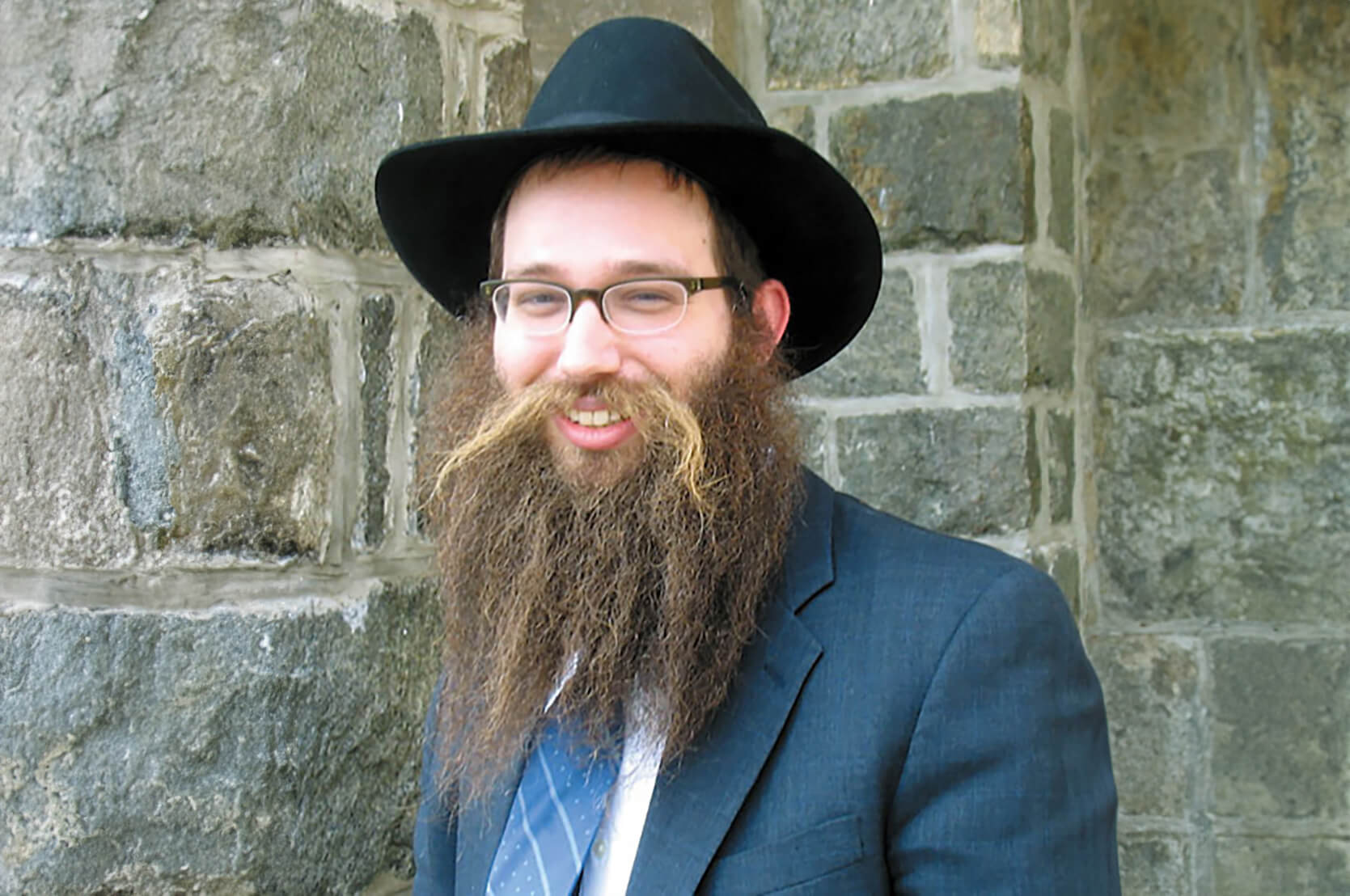Meet Touro’s Acclaimed, Award-Winning Poet
Touro Professor Yehoshua November Shares the Power of Poetry

In a fast-paced world where people spend hundreds of hours each week scrolling through social media, Professor Yehoshua November shuts out the noise and focuses on “the wondrousness of ordinary life.” The prolific poet, whose work has been featured in The New York Times Magazine, The Sun, Virginia Quarterly Review and on NPR and Poetry Unbound, has shared his love of literature and creative writing with Touro students for nearly two decades.
“I know most of my students will enter the corporate world or various professions, so I focus on reading comprehension, critical thinking and written and oral communication skills—areas fundamental to career success and living a thoughtful and introspective life,” says November.
November is the author of the poetry collections “God’s Optimism” (2010)— a finalist for the L.A. Times Book Prize and winner of the Main Street Rag Poetry Book Award; “Two Worlds Exist” (2016)—a finalist for the National Jewish Book Award and Paterson Poetry Prize; and “The Concealment of Endless Light” (Orison Books, fall 2024). His poems have won Prairie Schooner’s Bernice Slote Award and the London School of Judaism’s Poetry Prize.
Naturally, November is a fan of poetry as an art form. “I admire poetry’s compression—its capacity to communicate poignant ideas and emotions in a few short lines. Poetry can wake us from our habituation and make us more grateful.”
November credits his upbringing for his passion for poetry. “There was a constant backdrop of music in my home, and it was poetic,” he explains. Poetry also runs in the family. His paternal grandmother was a poet, and his older brother and younger sister are poets as well.
As an English major in college, November’s professors—established writers themselves—supported and encouraged the work he was producing in their classes, and he started to take himself seriously as a writer. “I think I also turned to poetry because young people have a great need to express themselves and communicate with the world. Poetry fills that need with a potency and power that other art forms can’t match,” he says.
As a student of Hasidic Jewish thought, November’s poems are largely concerned with the intersection of spirituality and everyday life, reflecting the Hasidic theology that the Divine resides in all things and is present in the least likely places.

